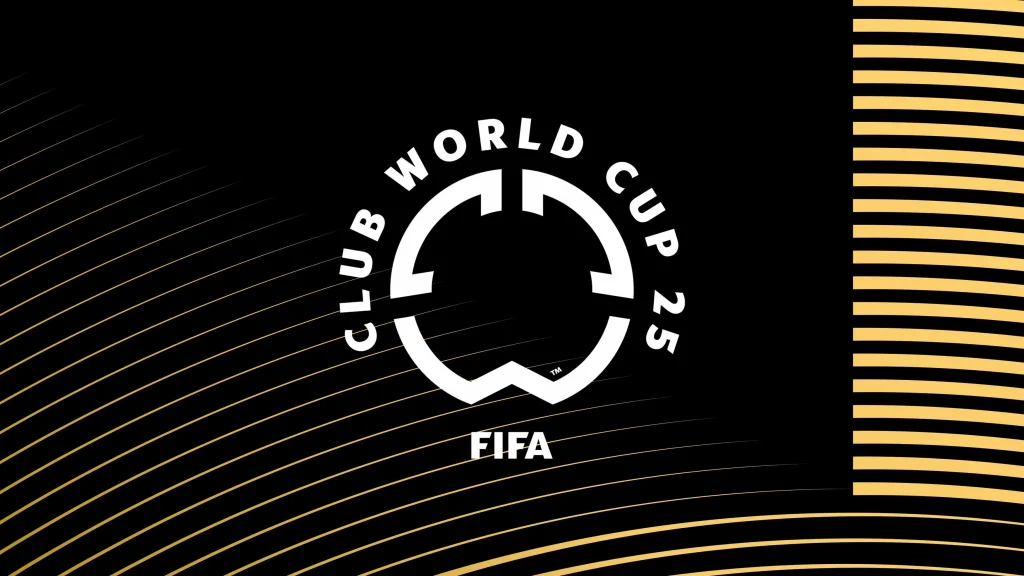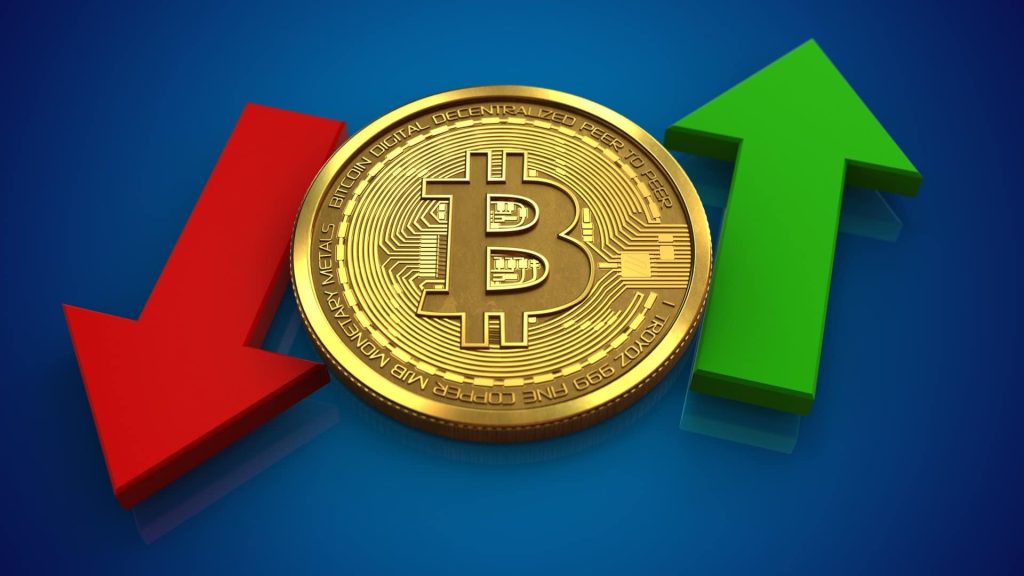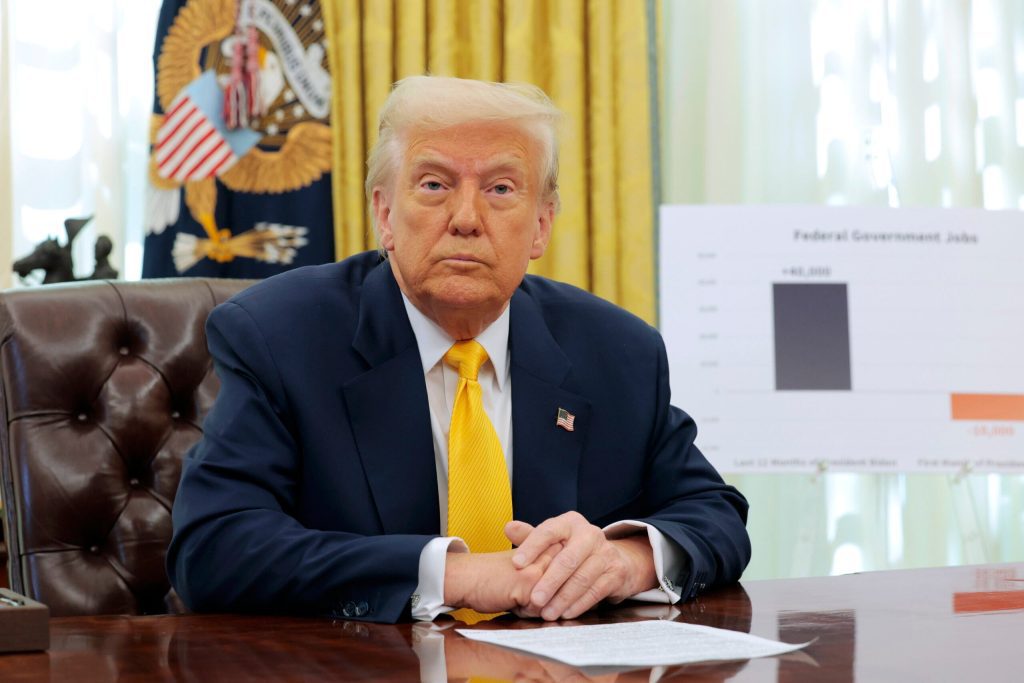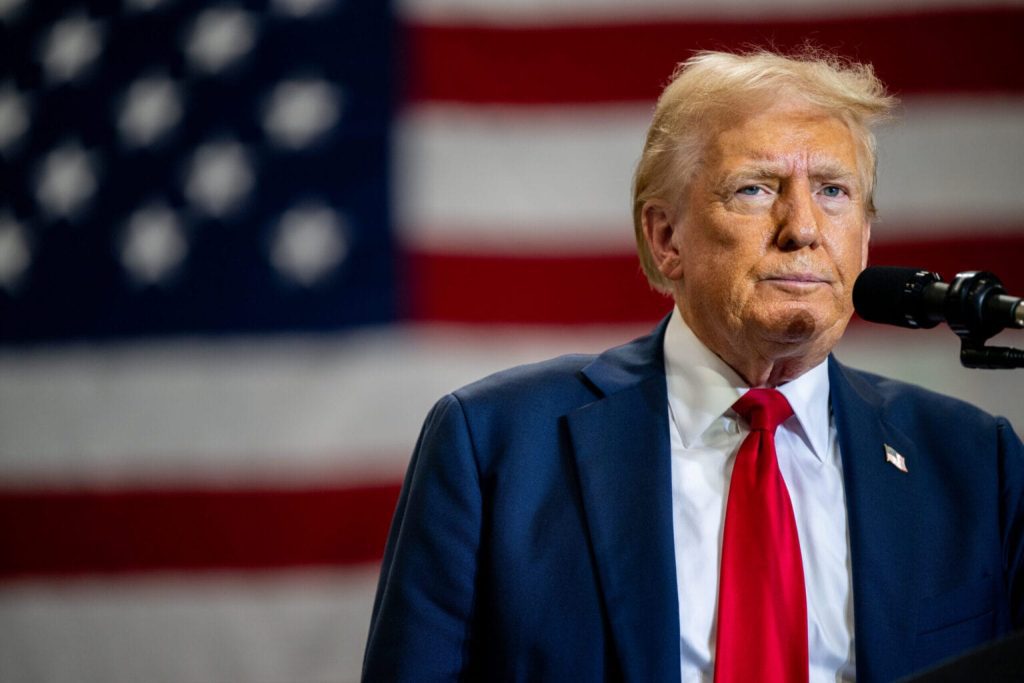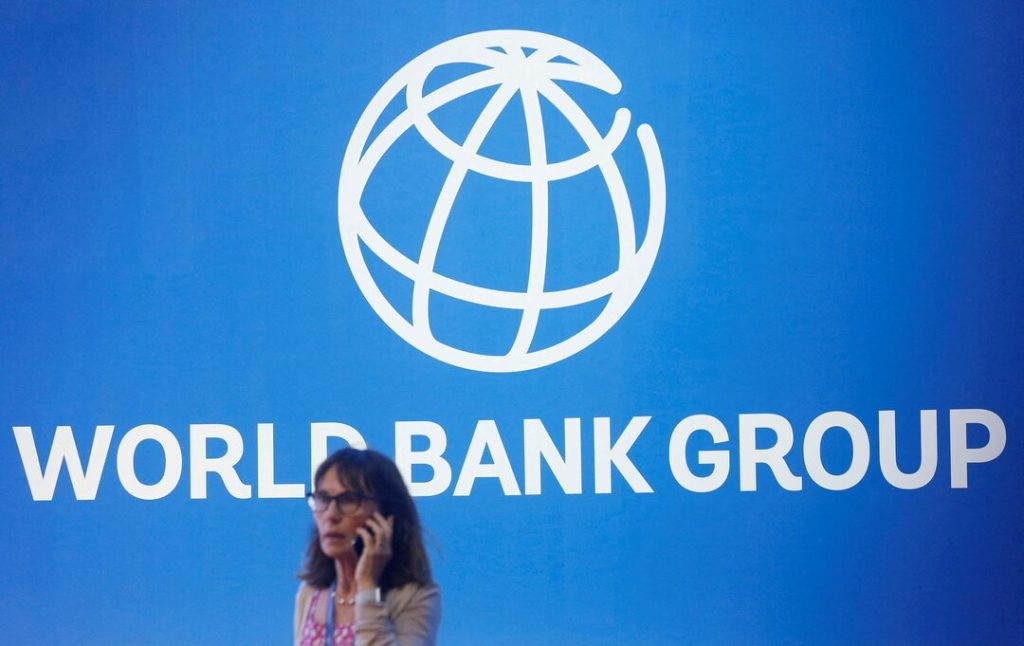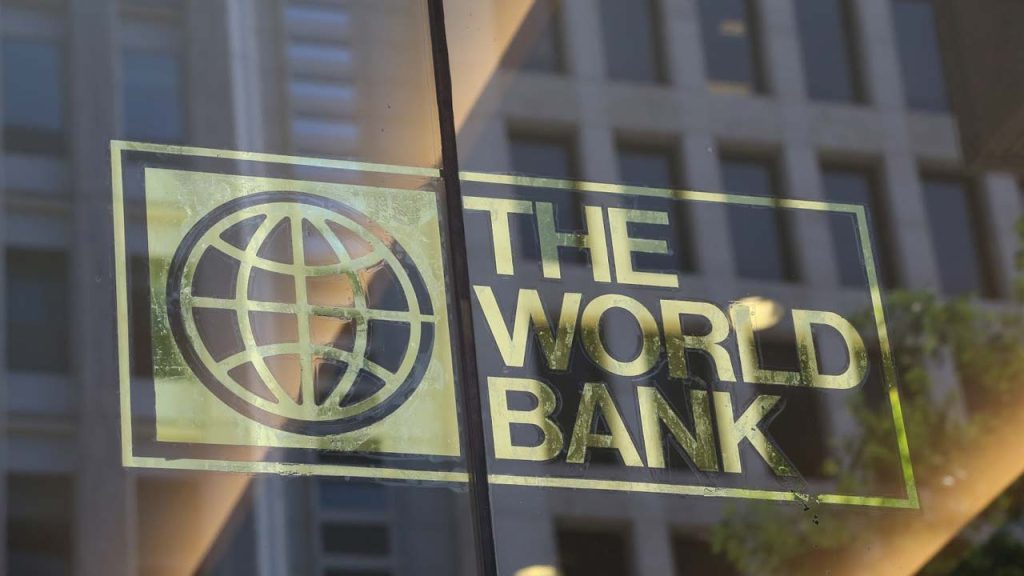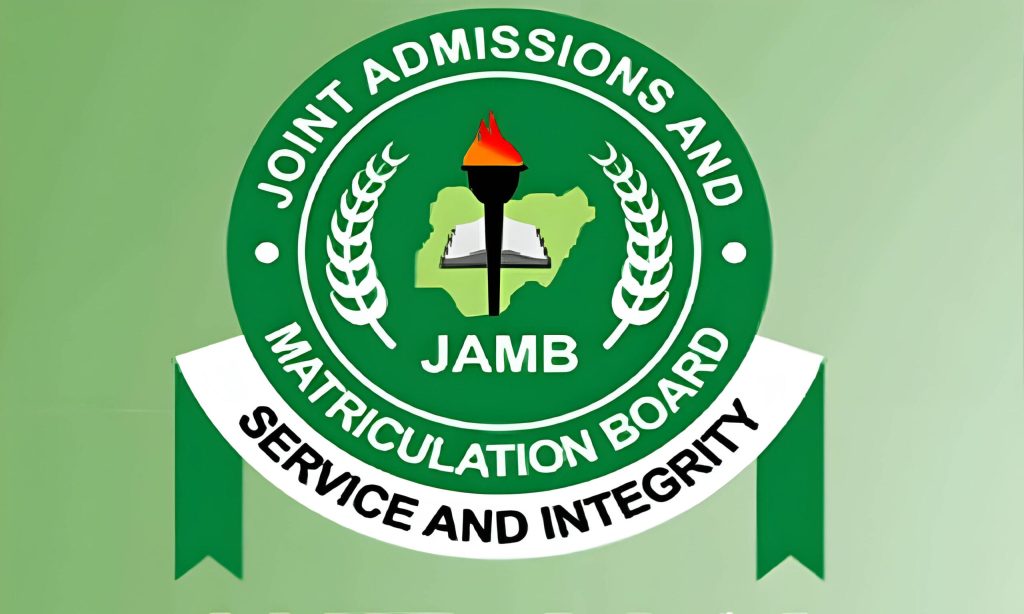The draw for the newly expanded FIFA Club World Cup is set to take place in Miami on Thursday, marking a significant step toward the inaugural 32-team tournament scheduled for 2025. While FIFA President Gianni Infantino touts the event as a transformative milestone for global club football, it has faced substantial criticism from European football leaders, players, and other stakeholders concerned about the congested calendar and player welfare.
The expanded Club World Cup will run from June 15 to July 13, 2025, serving as a precursor to the 2026 FIFA World Cup hosted by the United States, Canada, and Mexico. The event will feature matches in state-of-the-art venues, with the opening game at Miami’s Hard Rock Stadium and the final at the MetLife Stadium in New York, which will also host the 2026 World Cup final.
The tournament will bring together top clubs from around the world, with Europe contributing 12 teams, including heavyweights such as Real Madrid, Manchester City, Bayern Munich, Paris Saint-Germain, and Inter Milan. South America will send six representatives, while Africa, Asia, and CONCACAF will each have four slots. Oceania’s Auckland City and the United States’ Inter Miami, controversially chosen despite an early MLS Cup exit, will also participate.
Despite its ambitious goals, the tournament has drawn sharp criticism. European leagues and the global players’ union FIFPro have filed complaints against FIFA with the European Commission, accusing the organization of abusing its authority in scheduling international fixtures. La Liga President Javier Tebas, a vocal critic, urged Infantino to cancel the tournament, citing a lack of broadcaster interest and opposition from clubs.
Players have also expressed frustration over an increasingly packed football calendar. Manchester City star Rodri, who won the Ballon d’Or this year, warned in September that players might resort to strikes if the growing demands are not addressed. He described the schedule, which includes an expanded UEFA Champions League and the Club World Cup, as unsustainable.
FIFA has defended the tournament, stating that the new calendar was approved through consultations with representatives from all continents, including Europe, FIFPro, and other stakeholders. The organization also criticized European leagues, accusing them of prioritizing commercial interests with summer friendlies over the global development of football.
Despite the backlash, Infantino remains resolute in his vision for the tournament, describing it as a historic opportunity to elevate club football to new heights. FIFA recently secured a broadcasting deal with DAZN, ensuring that all 63 matches will be available for free worldwide. The deal, reportedly worth €1 billion ($1.05 billion), provides a significant financial boost to the event.
The expanded Club World Cup is expected to provide a global stage for elite clubs to compete while promoting football’s growth across regions. However, its ultimate success will depend on resolving the tensions between FIFA, European stakeholders, and the players. The tournament’s launch marks an ambitious attempt to reshape the global football calendar, but its reception remains uncertain amid widespread criticism.

